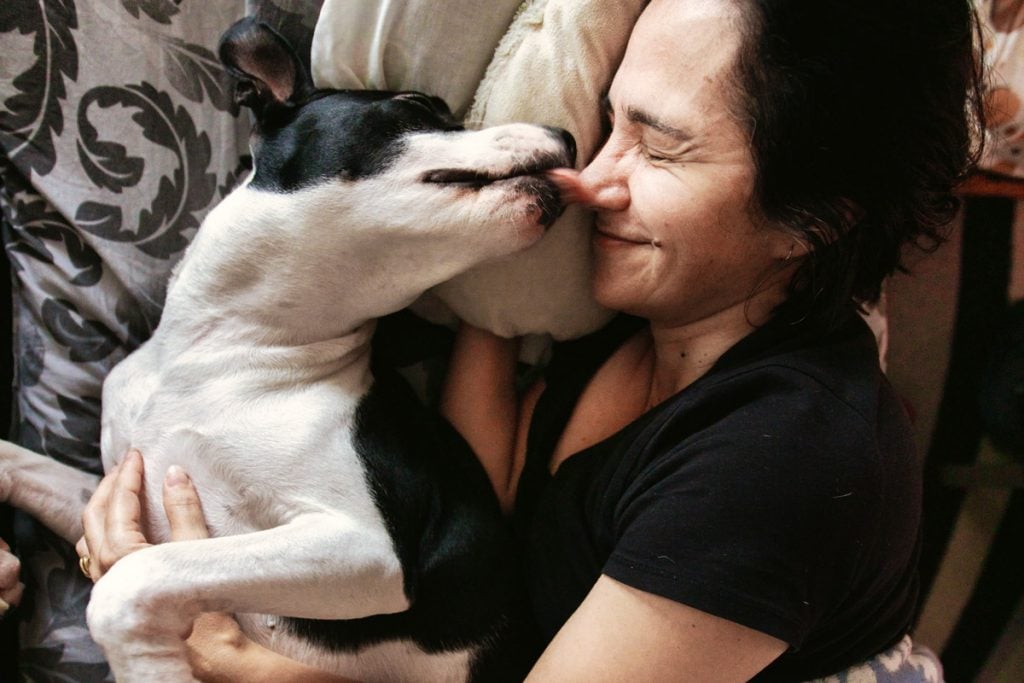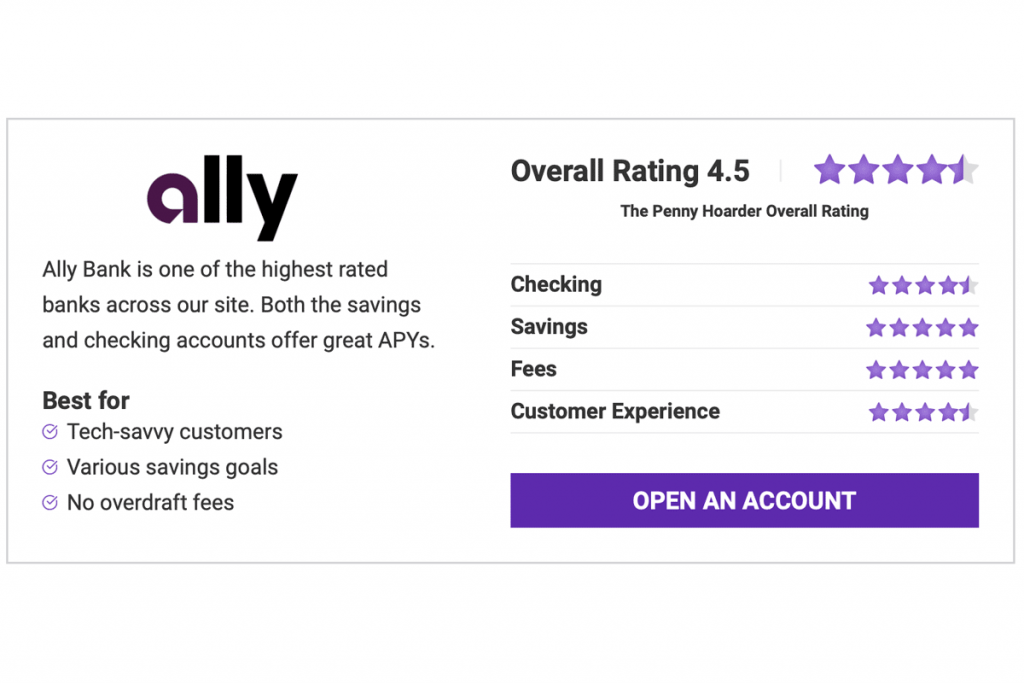When initiating a new homeowners insurance policy, the result can always be a gamble. Will my insurance premium be too high? Should I worry about coverage limits? Will I need to purchase additional coverage?
All these questions come to mind when researching insurance carriers. And if you’re a dog owner, you’ll have one more: Will my insurance company restrict my dog’s breed from coverage? And even if they don’t, will they cover dog bite claims if my dog bites a neighbor?
While these questions might be new to you, they are certainly not new to insurance providers. In 2021, insurance companies spent roughly $882 million on dog-bite and dog-injury-related liability claims, according to a 2022 analysis by the Insurance Information Institute. That number represents an increase of almost $10 million from the amount paid out in 2020.
Not only did the total amount paid for dog bite claims increase, but so did the total number of dog bite claims nationwide—from almost 17,600 in 2020 to almost 18,000 in 2021. Despite the increase in the number of people reporting dog bite incidents, the average cost per claim actually decreased from $49,558 in 2020 to $49,025 in 2021.
But any year-over-year changes can’t necessarily show the full picture—that the cost of dog-bite claims has certainly seen a prominent uptick in the last decade. From 2012 to 2021, the average cost per claim has risen by 39 percent, from $29,752 to more than $49,000. The Insurance Information Institute attributes that in large part to increased medical costs and larger settlements awarded to plaintiffs.
Depending on what the statute is where you live, dog owners can be held automatically liable for any injury or property damage their dog causes or are only responsible if the dog has exhibited violent behavior in the past. Some statutes, called negligence laws, hold the owner liable if they were “unreasonably careless” in caring for the dog.
Getting nervous yet, dog owners? Don’t worry — you’re in good company. Roughly 70% of U.S. households — 90.5 million homes — own a dog, according to the American Pet Products Association’s 2021-2022 survey.
Or maybe you should worry. Did you know that a majority of states — 29 — consider dog owners liable for any injuries their pet causes? California and Florida are the top two states for number of dog bite claims. In 2021, California insurers paid out roughly $120 million in dog bite claims while Florida insurers paid out about $81 million.
Is Your Dog on the Restricted Breeds List?
Some home insurance companies have a list of restricted dog breeds. Breeds considered “restricted” raise red flags because they’re considered a higher risk of leading to high-cost insurance payouts. (Along with trampolines, dogs are one of the bigger headaches for companies supplying homeowners insurance.)
Depending on each company’s practices, owning certain breeds could potentially mean higher premiums, less favorable coverage terms, and at worst no coverage at all.
“The (companies) that do have some type of restriction on breeds often base it on the losses that they experience,” said Janet Ruiz, director of strategic communication for the Insurance Information Institute. “They have determined, ‘OK, we had more losses with this breed than that breed.’”
A Forbes Advisor analysis of commonly banned dog breeds, updated in Oct. 2022, revealed that Doberman pinschers, pit bulls and rottweilers showed up on all surveyed lists of breed restrictions. Chow-chows and wolf dogs or wolf hybrids also appeared on more than 90% of lists.
Some insurance companies don’t have hard and fast rules that immediately bar a customer from coverage should they own a particular dog breed, according to Ruiz. Certain dog breeds may engender further questions.
“Maybe one company likes to take a look at the breeds but then will ask, ‘What kind of training do you have? Have you had any prior losses with your former insurance companies?’” Ruiz said. “It’s a process. It could be a consideration, but it may not mean that they’re not going to insure you because of it.”
Many home insurance companies still want to insure a potential client even if they own a breed considered risky. They just want to determine the right amount of money to charge, Ruiz said. To do this, an insurance provider will often take into account a dog’s bite history.
Animal advocates, like the Massachusetts Society for the Prevention of Cruelty to Animals, stress that training — rather than a dog’s breed — plays a big role in a dog’s behavior. “There’s a lot to be said for dogs being trained,” Ruiz said. “That’s the more important focus — for people to look at whether they are being responsible pet owners.”
How Do Different Homeowners Insurance Companies Handle Dogs?
If you own a dog that may be on one of the restricted dog breed lists, it’s understandable that you’d wonder what to do next. Maybe you’re already buying insurance to cover vet bills and you don’t need any extra expenses. When it comes to dog breeds homeowners insurance, it’s important to do your research.
We talked to homeowners insurance companies to get you some answers about which insurance providers even consider dog breeds and what questions to expect when you apply for coverage.
State Farm
State Farm does not ask what breed of dog a homeowner owns, according to an April 2022 press release.
In 2021, the company paid almost $162 million in more than 3,200 dog-related injury claims, per State Farm. Both the number of claims and the total amount paid went up between 2020 and 2021 by 2.3% and 3%, respectively. California and Illinois topped the company’s list of number of dog-injury-related claims per state.
“Every dog has a unique personality,” the company indicates in the statement. “While a dogs’ breed may dictate how they look, how a dog reacts in a situation isn’t guaranteed by breed or type. It’s important to remember that even well-trained dogs can bite if they are put into the wrong situation.”
Earlier this year, State Farm public affairs specialist Michal Brower recommended that dog owners ask their insurance company or agent what their homeowners policy covers. A home insurance company may cover dog bites or dog injuries under the liability coverage portion, but that can have coverage limits. A severe bite or injury could mean the consumer has to pay out of pocket if it falls over their policy limit.
USAA
“USAA does not consider dog breed in our underwriting of homeowners policies,” according to company spokesperson Rebekah Nelson in January 2022. But the company does look at bite history. “Requests for insurance may be declined when the insured owns an animal that has previously bitten or attacked,” Nelson said at the time.
USAA membership is open to most veterans and their eligible family members.
Farmers Insurance
Guidelines and restrictions vary by state, according to external communications manager Carly Kraft in early 2022. But California residents looking for insurance with pit bulls, Rottweilers or “wolf hybrids” may have a problem, according to nonprofit pit bull advocacy group BADRAP. As of updated guidance, the insurance company is no longer insuring new customers with these dogs, per BADRAP.
“If a dog bites or injures someone outside of your household, the liability section of Farmers homeowners and renters insurance policies will typically help cover medical expenses resulting from the injury, up to the liability limits in the policy,” Kraft said at the time. “Insurers may consider excluding coverage for dog bites, regardless of breed, if a dog has previously bitten someone.”
Amica
Amica does not have any restricted dog breeds, according to communications and public relations manager Brendan Dowding in early 2022. Instead, they focus on a dog’s history and behavior.
“During our underwriting process, we do ask customers who own dogs a number of questions about their dog, including details on prior behavior and temperament,” Dowding said.
Should a dog bite someone, that is when the customer’s homeowners liability coverage and liability protection would come into play.
“In the event a customer is liable for their dog biting someone, in general, their homeowners policy would provide coverage under the liability portion of a homeowners/condo/rental policy,” Dowding said. “However, every incident is different and exclusions may apply.”
Liberty Mutual and Nationwide
These two insurance companies are among those described by animal advocacy group MSPCA as ones “that may insure otherwise black-listed dog breeds.”
MSPCA goes on to state: “Most of these companies work on a case by case basis, considering the individual dog’s behavior and history, and may require a meet and greet with the dog and/or a Canine Good Citizen certification or certain housing requirements.”
Travelers Insurance
Travelers homeowners insurance underwriting guidelines from 2014 state that a number of dog breeds — as well as any animal that is “vicious or has previously bitten or injured” — are restricted from coverage. These breeds include pit bulls, Akitas, American Staffordshire terriers, Bullmastiffs and Staffordshire bull terriers.
Allstate
The insurance company does not offer property, condo or tenant insurance to owners of — or those who live with — Pit Bulls, Rottweilers or mixed breeds in which one of those breeds is dominant, per a statement provided by an Allstate spokesperson to the Kingstonist News.
Progressive
Progressive’s website does not indicate whether they ban certain dog breeds, but notes that some insurance providers restrict breeds like German shepherds, mixed breeds and American bulldogs.
The website states: “Homeowners insurance won’t cover property damage or injury to occupants of your home caused by a pet, but generally covers claims that other parties make as a result of your pet’s actions — regardless of whether the incident happened at your home or elsewhere.”
Pets are generally covered under the liability limits of a homeowner’s insurance policy.
Writer Elizabeth Djinis is a contributor to The Penny Hoarder, often writing about selling goods online through social platforms. Her work has appeared in Teen Vogue, Smithsonian Magazine and the Tampa Bay Times.
Credit: Source link














